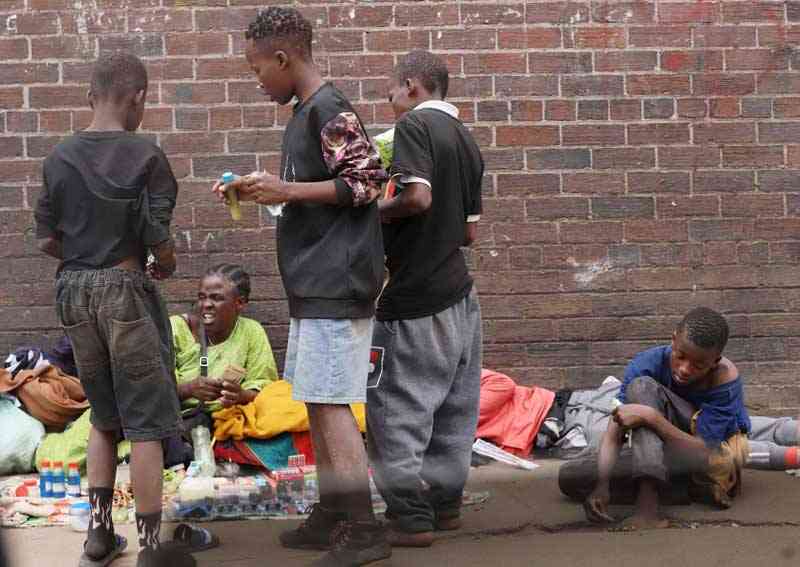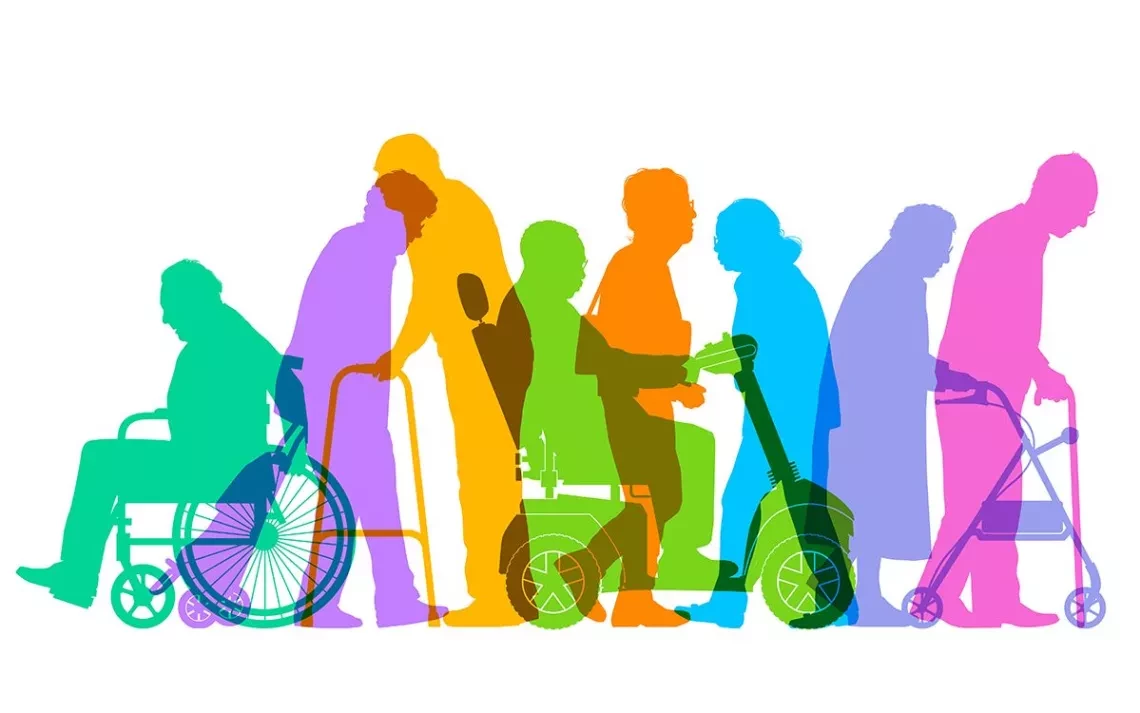
“The reality of what was happening hit me with great shock the moment the magistrate struck her gavel on her big desk and pronounced that she was granting my father the protection order he was seeking against me.”
After a series of similar drunken episodes where he would assault his father over flimsy or no reason at all, Allan Chivhiya had finally been dragged to court where Harare magistrate Sharon Masavira granted the protection order against him.
For the first time, Chivhiya woke up to the reality of the consequences of his waywardness.
The 24-year-old had this time in his usual drunken stupor, attacked his father with an iron bar, striking him across the stomach.
His father Zvisinei Chivhiya told the court how Chivhiya had developed into a hopeless drug addict after having started taking Methamphetamine (crystal meth) a few months back.
The drugs, he said, had transformed his son into a violent person who would insult, assault and steal from him while threatening to kill him all the time.
“I have tried all I can to advise him against taking drugs, but it was like talking to a rock.
“Instead, he would always turn on me after taking the drugs, insulting and disrespecting me in all ways imaginable. I have had enough, and I am asking for my peace now,” Zvisinei told the court.
- The destructive force of corruption
- More action needed to stem child marriages
- Child marriage: A heavy cost for young girls in Africa
- Feature: Cyclone Idai victims struggling with mental health challenges
Keep Reading
“I want him to go and start his own life where he can do as he pleases.”
In a seeming act of penitence, Allan did not deny any of the allegations presented by his father, but cried for forgiveness which plea his father refused to entertain.
“I never knew my father would go as far as chasing me away from home,” he cried. “I have nowhere else to go”.
Allan’s case mirrors that of many Zimbabwean youths who have been evicted from their parents’ homes as a result of abusing drugs and subsequently becoming a nuisance in the family and in the community.
Of late, a high number of parents have been approaching the Harare civil court seeking protection orders against their children aged between 18 and 35 years citing drug abuse accompanied by violent behaviour.
The development has seen scores of young people, mostly male, being forced onto the streets and their lives ruined permanently.
A study by the United Nations International Children’s Emergency Fund (Unicef) shows that Zimbabwe has an estimated total population of 15.2 million, with about a third — 28.4% between the ages of 18 and 34, according to the 2022 national census.
As the country continues in an unrelenting economic tailspin, the majority of this youthful population is out of employment and idle, a situation that spells disaster for the nation’s social fabric.
For 89-year-old Mukai Chitima, a resident of Highfield high-density suburb in Harare, the conduct of this new generation has become unbearable.
The youths have been killed by unemployment and drug abuse, she said.
Recently, her patience with her 20-year-old grandson ran out and she was left with no option but to kick him out of the house.
She approached the courts seeking a protection order.
“He is always at a drug haven in Western Canaan, (a section of Highfield widely regarded as the breeding ground of drug addiction). If you go there right now you will find dozens of his age mates taking mutoriro (colloquial for crystal meth) and a host of other dangerous drugs,” Mukai said.
According to the octogenarian, youths at this drug base, including his grandson, have stopped going to school while others have finished school but are without jobs.
They have nothing productive to do and they spent their entire time doing drugs and sleeping.
“You will find no less than 20 of them at this place at any given time.
“One of my neighbours showed me the place and when I went there I saw Munashe lying unconscious along with several of his friends,” she recalled.
A research carried out by this publication for over a month, established that approximately five out of 15 matters dealt with daily in the domestic violence court involved parents and children having crossed paths and parents seeking to evict their children because of drugs and violence.
Drug abuse in Zimbabwe, especially among youths, skyrocketed in 2020 when the Covid-19 pandemic hit the world leaving the majority of people with no jobs and sources of income.
For some, confinement to households, owing to restricted movement, idleness and subsequent stress fuelled the urge to substance abuse.
By 2021, a court heard crystal methamphetamine had become the drug of choice with over 30% of the young population reportedly using it.
A wave of mutoriro, guka makafella, ice or glass had swept through the country and to date is still altering the behaviour of the nation’s young people.
In 2021, forensic tests expert and then assistant commissioner in the Zimbabwe Republic Police, Clancy Taiwa Nyamakure, told the then chief magistrate Munamato Mutevedzi that:
“Although a study on the prevalence of crystal methamphetamine use is yet to be conducted countrywide, 30% of youths are partaking in the dangerous drug,” Taiwa said.
While substance abuse is pushing parents to seek court orders and barring their children from living at their homes, the streets have served as an ever welcoming but dangerous home.
“Many youths have no jobs and this is leading them into the wrong places,” said Patricia Siboni, a resident in the capital city’s oldest high density suburb of Mbare where drug abuse is commonplace.
“No parent wants to chase his or her child out of home but the behaviour of a child abusing drugs will leave you with no option.”
Homeless and unemployable, many youths have also turned dangerous to themselves and fellow citizens.
For victims of drug addicts’ extreme conduct like Zvisinei, kicking out violent malcontents, even if it's one’s own blood, from the home setup seems to be the only option.
“I have tried reporting to the police but little to no action has been taken and he continues harassing me and his siblings,” said Zvisinei.
Drug addicts are ordinarily taken to rehabilitation centres where treatment and counselling is administered for patients as they start the journey towards sobriety.
Zimbabwe has six public institutions with psychiatric beds including Harare Hospital Psychiatric Unit, Parirenyatwa Hospital Annex, Ingutsheni Hospital, Mpilo Hospital Psychiatric Unit, Ngomahuru Hospital and Mutare Hospital Sakubva Unit.
In addition, Mlondolozi Special Institution, Harare Central Prison and Chikurubi Special Institution provide forensic psychiatry services.
However, many people including Zvisinei, who take the civil court route for protection orders and to evict their young ones reported that they failed to send them to rehabilitation centres because it was a costly exercise.
“I would have loved to help him in other ways like the rehabilitation centres but these are costly and after all he has brought this upon himself,” he said.











